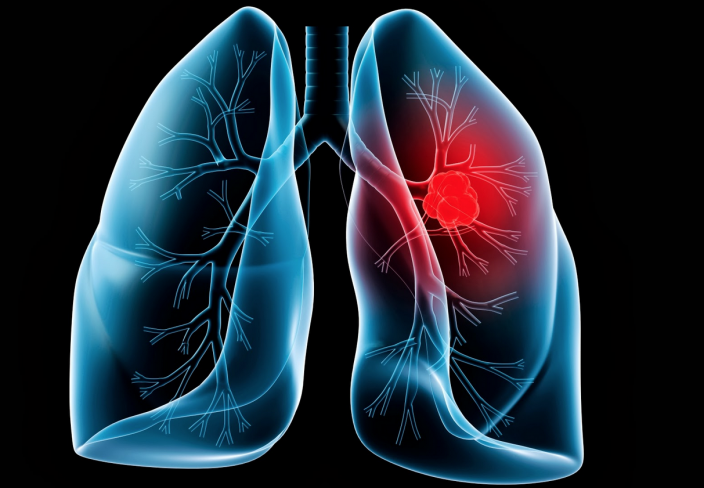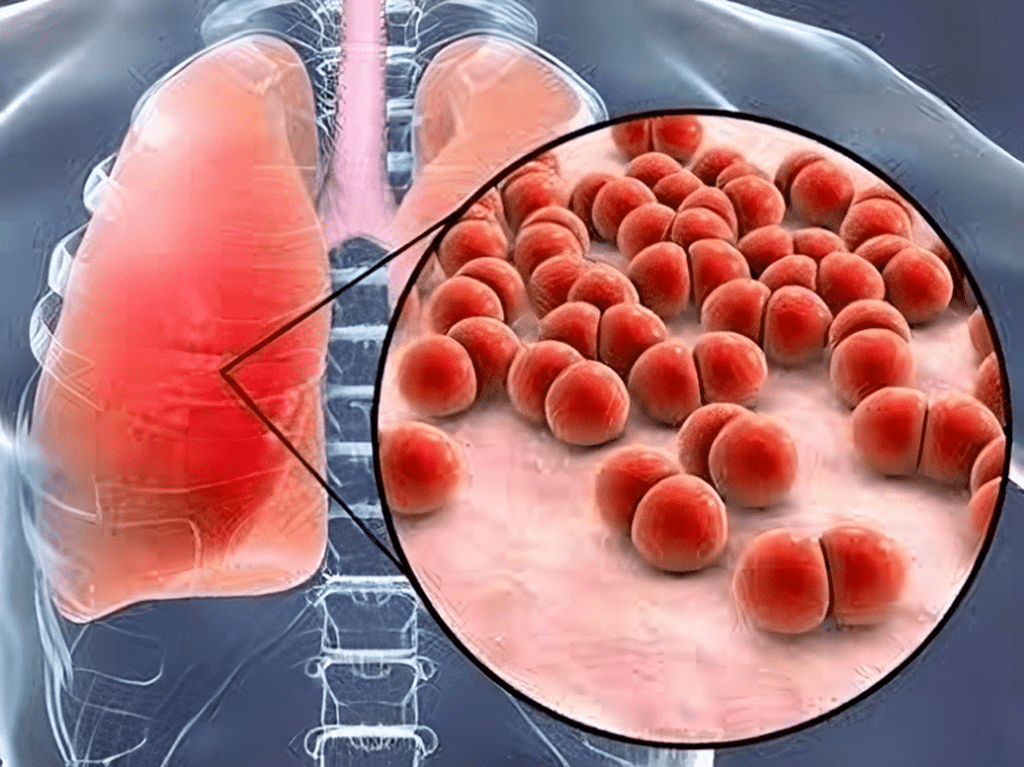Lung cancer is a formidable disease that can affect anyone, regardless of their smoking history. While chest pain is the most well-known symptom, there are many other signals that could indicate lung cancer.In Australia, lung cancer was the fifth most commonly diagnosed cancer in 2013, and it is projected to remain so in the coming years.

Alarmingly, up to 20% of those who die from lung cancer have never smoked. So, why might a nonsmoker develop lung cancer? Factors like air pollution, secondhand smoke, and exposure to environmental hazards such as asbestos can all contribute.
Whether you’ve never smoked or have been a smoker, it’s crucial to be aware of these lesser-known symptoms. While these signs can be caused by various other conditions, it’s always better to err on the side of caution and discuss them with your doctor.
1. A Lingering Cough

A persistent cough is one of the most common signs of lung cancer. “The majority of people with lung cancer have a cough, occasionally with blood,” says Dr. McKenna. Even if your cough is dry and doesn’t produce mucus, if it’s lasted for more than a month, it’s time to get it checked out.
2. Chronic Infections

Frequent lung infections, such as chronic bronchitis, can also be a red flag. While viruses often cause these infections, if you find yourself getting sick repeatedly and every illness seems to target your chest, it could be an early indication of lung cancer.
3. Unexplained Weight Loss

Losing weight without any significant changes to your diet or exercise routine can be a cause for concern. As with many cancers, lung cancer can cause your body to produce proteins that signal weight loss. A decrease in appetite may accompany this sudden weight loss, making it essential to monitor any unexplained changes in your body.
4. Bone Pain

If lung cancer spreads to other parts of the body, it may cause deep, aching pain in the bones or joints. The back and hips are particularly common areas where this pain might occur. However, it’s important to note that bone pain can also result from other conditions, such as a vitamin D deficiency.
5. Swelling in the Neck and Face

When a lung tumor presses against the superior vena cava—a large vein that carries blood from the head and arms to the heart—you may notice swelling in your neck and face. This pressure can also affect your arms and upper chest, leading to noticeable puffiness and discomfort.
6. Overwhelming Fatigue

Fatigue related to lung cancer is not just feeling tired—it’s a profound sense of exhaustion that doesn’t go away with rest. “It’s feeling so worn out that you can’t wait to climb into bed,” says Dr. Jacoub. If you’re experiencing this level of fatigue regularly, it’s worth discussing with your healthcare provider.
7. Muscle Weakness

Lung cancer doesn’t just affect your organs; it can also weaken your muscles. One of the first signs may be difficulty getting out of a chair due to weakness in the hips. This weakness can also extend to the shoulders, arms, and legs, making everyday tasks increasingly challenging.
8. Elevated Calcium Levels

Certain types of lung cancer can disrupt the balance of minerals in your body by producing hormone-like substances. This can lead to elevated calcium levels in the bloodstream, a condition known as hypercalcemia. While high calcium levels might be detected through a blood test, the symptoms—frequent urination, excessive thirst, constipation, nausea, belly pain, and dizziness—can often serve as an early warning.
Don’t Ignore the Signs
Lung cancer can develop silently, with symptoms that are easy to dismiss as minor ailments. However, being aware of the signs—such as a persistent cough, chronic infections, unexplained weight loss, bone pain, swelling, fatigue, muscle weakness, and high calcium levels—can make a significant difference in early detection and treatment. If you experience any combination of these symptoms, it’s essential to seek medical advice promptly.
Conclusion
Lung cancer is a serious disease that doesn’t always present itself with obvious symptoms, especially in the early stages. Whether you’re a smoker or not, being vigilant about the signs of lung cancer is crucial. Early detection can lead to more effective treatment and a better prognosis. Don’t hesitate to contact your healthcare provider if you notice any concerning symptoms. Prioritizing your health could be the key to catching lung cancer before it progresses.


